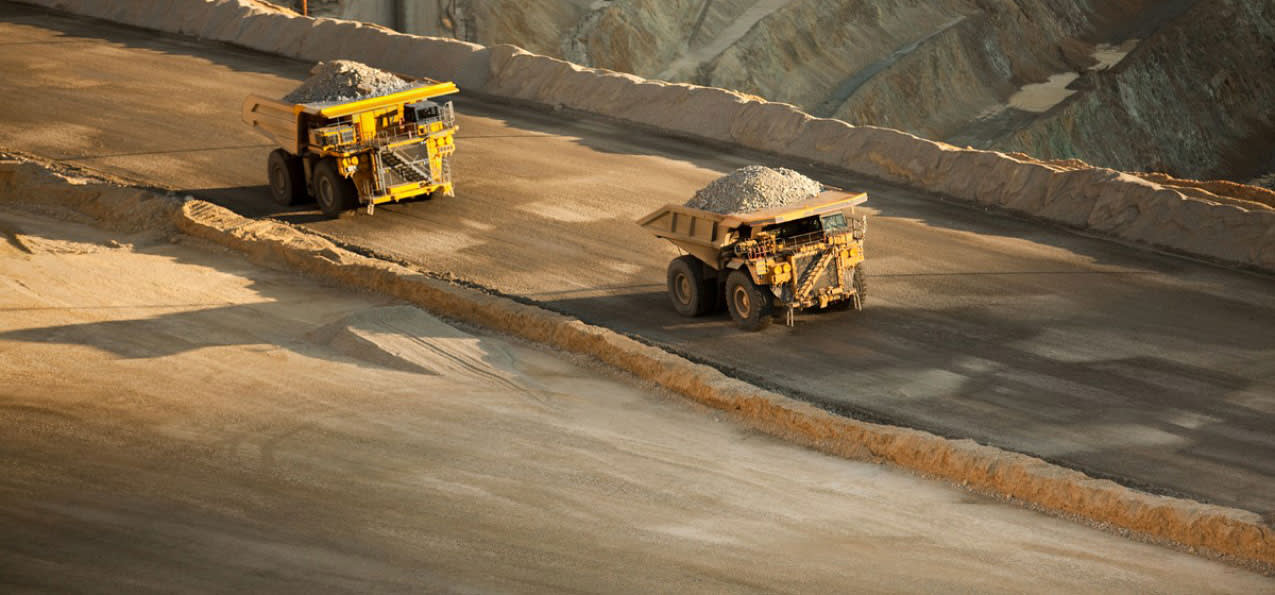How do you solve a problem like Anhui Conch, one of China’s largest cement producers? The cement industry is among the world’s most pollutive, and China pours more of the stuff than the rest of the world combined. It’s easy to believe Conch has no place in a portfolio of sustainable investments.
But the world is going to buy cement, whether you invest in it or not. The question for responsible stewards of capital is how best to deliver positive returns while also improving corporate behaviour. That can include everything from a better environmental performance to the fairer treatment of employees. Can more good be achieved working with a cement producer to become greener, or by divesting and sending a warning to the wider sector?
To engage or exclude is a central question for sustainable investors. Where possible, we choose the former.
A model engagement
As recently as 2021, global ratings agency MSCI had given Anhui Conch the lowest possible grade for its environmental, social, and governance1 (ESG) credentials. It was a clear sign to investors that this was not a sustainable company.
Yet Fidelity’s analysts saw promise. Conch was already cutting emissions and, despite its size, we viewed the company as a decarbonisation leader across the Chinese cement industry. The business was putting more than 2 billion renminbi per year ($288 million) towards reducing its carbon emission density by 6 per cent over the five years to 20251.
Companies like Conch present investors with a dilemma. On the one hand, there’s no hiding from its impact on the environment. On the other, there's little a cement producer can do immediately to reduce its carbon emissions, but it can develop strategies over time to improve its practices and engaged investors can help steer that process.
Strategies like these require significant financing and a poor MSCI rating was doing nothing to help Anhui Conch’s cost of capital. After an initial meeting with Conch’s management at the start of 2021, we found that MSCI’s CCC rating for the company misrepresented its environmental credentials. Because cement prices are highly localised, it’s typically much cheaper in China than in the West. By allowing third party ratings to benchmark its emissions data against revenue, the cement maker was selling its efforts short.
Anhui Conch took our advice that cross-border comparisons would be more accurate if it switched to volume-based metrics that capture emissions per unit of actual cement production. The result contributed to MSCI raising the company’s sustainability rating by two grades.
A last resort
Engaged investors can achieve a lot if their companies are willing to listen. But as important as what they can do with their influence is what they can’t do without it.
While some investors may choose to exclude certain companies based on their ethical values, in many cases, engaging with companies is a better way to achieve on-the-ground sustainable outcomes such as lowering emissions from processes, or pushing firms to retire fossil fuel assets rather than divest them.
That might have been the fate of the Mount Arthur coal mine in Australia. Its owner, BHP Group, had signalled it would sell off the mine as part of its decarbonisation policy. Doing so would have reduced the company’s own value chain emissions but would not have guaranteed a positive impact in the real world. The facilities would have continued to operate, most likely under the opaque ownership of private buyers.








